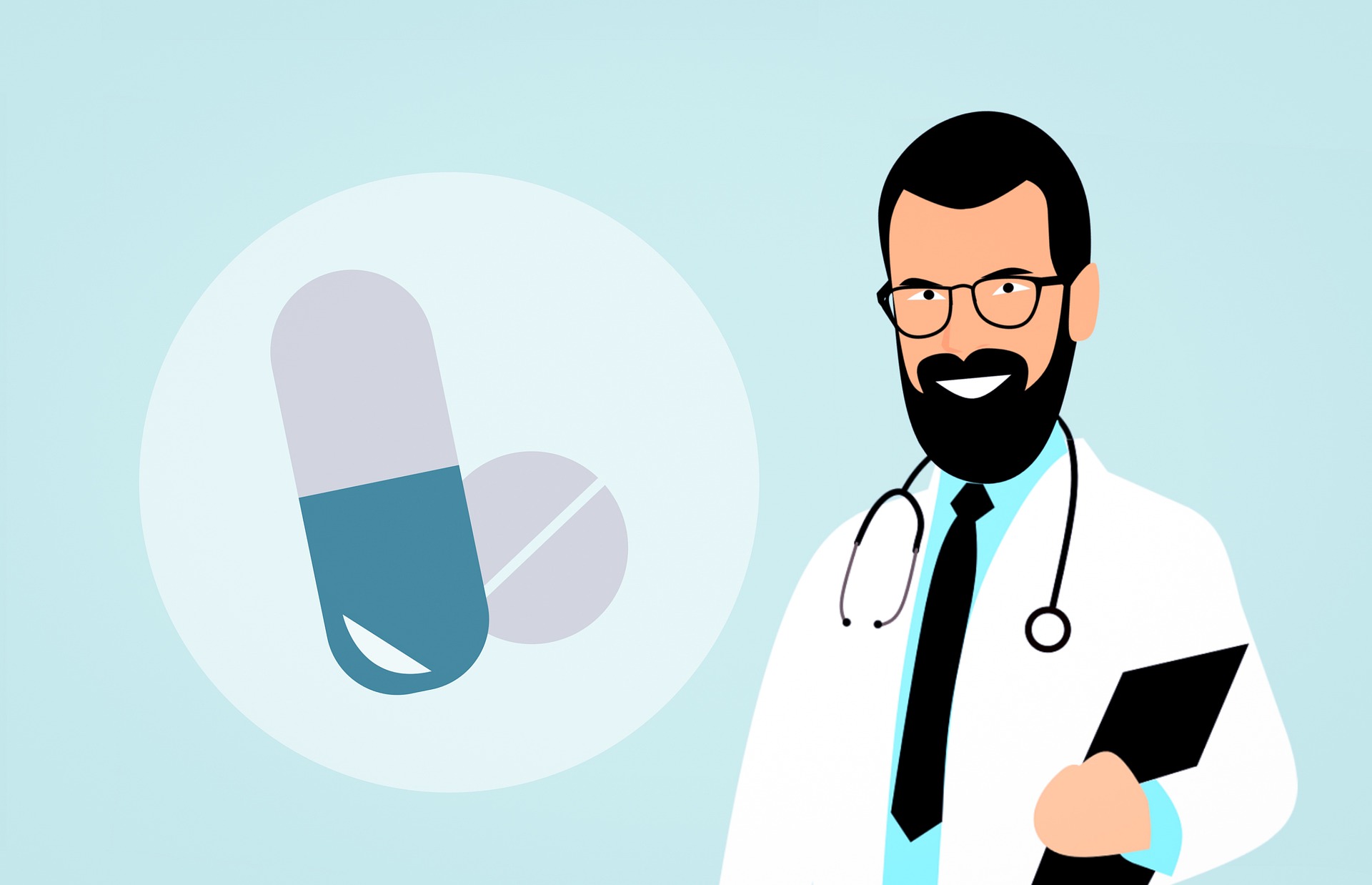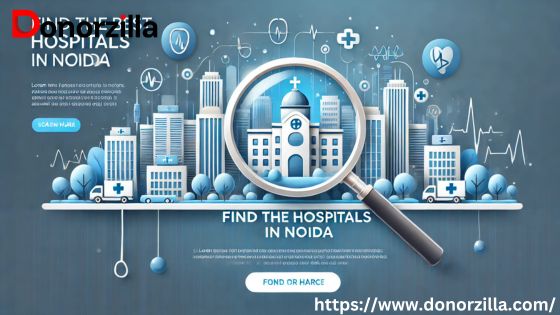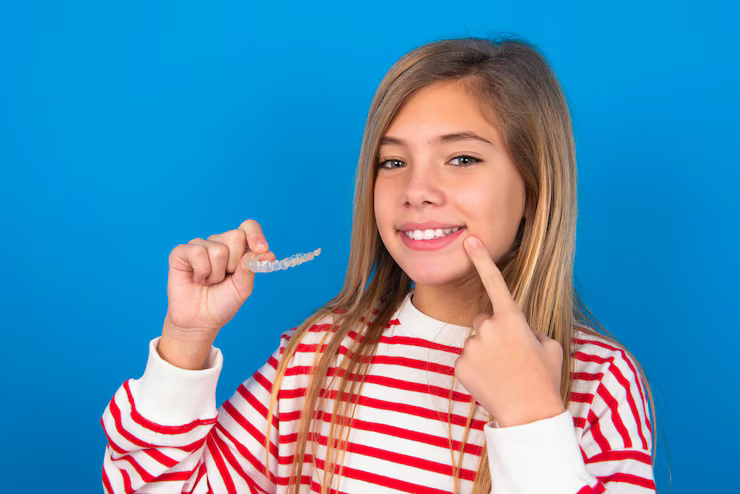Introduction
Substance use disorder is a pressing issue within the LGBTQ+ community, often stemming from a combination of societal stigma, discrimination, and mental health struggles. In New Jersey, like elsewhere, members of this community face disproportionate rates of addiction compared to the general population. While progress has been made in terms of acceptance and legal protections, many LGBTQ+ individuals continue to struggle with accessing affirming healthcare, including addiction treatment. Understanding the resources available and advocating for inclusive recovery programs is critical in addressing this growing concern.
Understanding Insurance Support for Addiction Treatment
Accessing quality addiction treatment can be challenging, but insurance coverage can ease the financial burden. Blue Cross Blue Shield drug rehab coverage in NJ provides support for individuals seeking recovery, covering services such as inpatient rehab, outpatient programs, and medication-assisted treatment. Coverage details depend on the specific plan, with some offering full or partial reimbursement for treatment costs. It’s essential to verify benefits with the provider to understand deductibles, copays, and network restrictions. By utilizing insurance for rehab, individuals can focus on healing without the added stress of high expenses, making recovery more accessible and sustainable.
Understanding the Unique Challenges of LGBTQ+ Individuals Facing Addiction
LGBTQ+ individuals experience higher rates of substance use disorders than their heterosexual and cisgender counterparts. One of the primary contributors to this trend is minority stress, a term that describes the chronic stress faced by marginalized groups due to discrimination and societal rejection. Many individuals turn to substances such as alcohol, opioids, or stimulants as a way to cope with anxiety, depression, and trauma.
Furthermore, the LGBTQ+ community faces barriers to healthcare, including a lack of culturally competent providers, fear of discrimination, and financial constraints. Many traditional addiction recovery programs do not adequately address the unique needs of LGBTQ+ individuals, leaving them feeling alienated in treatment settings that are not affirming or inclusive.
LGBTQ+-Friendly Addiction Treatment Centers in New Jersey
Fortunately, New Jersey has a growing number of inclusive addiction treatment centers designed to support LGBTQ+ individuals. These facilities provide specialized care that acknowledges the intersection of addiction and identity, ensuring that patients receive the support they need in an affirming environment.
Some treatment centers offer LGBTQ+-specific therapy groups, where individuals can openly discuss their experiences without fear of judgment. Others incorporate trauma-informed care, recognizing that many LGBTQ+ individuals have faced rejection, abuse, or other adverse experiences that contribute to their substance use. Affirmative healthcare providers also integrate mental health treatment into addiction recovery plans, ensuring that underlying psychological concerns are addressed alongside substance use disorders.
Support Groups and Community-Based Resources
Peer support is a crucial component of long-term addiction recovery, and for LGBTQ+ individuals, finding safe and affirming spaces can make a significant difference. In New Jersey, LGBTQ+-specific support groups such as Gay and Sober, LGBTQ+-focused Alcoholics Anonymous (AA) and Narcotics Anonymous (NA) meetings, and other community-led initiatives offer safe spaces for individuals to connect and heal.
Beyond 12-step programs, LGBTQ+ community centers and advocacy organizations provide a range of services, from counseling referrals to social support networks. Online platforms, such as virtual recovery meetings and discussion forums, also play a vital role in connecting LGBTQ+ individuals with others who share similar experiences.
The Role of Mental Health in Recovery for LGBTQ+ Individuals
Mental health care is an integral part of addiction recovery, particularly for LGBTQ+ individuals who face higher rates of anxiety, depression, and post-traumatic stress disorder (PTSD). Without addressing these co-occurring disorders, achieving sustained sobriety can be incredibly challenging.
Many addiction treatment centers in New Jersey now integrate LGBTQ+-affirmative therapy, where clinicians are trained to understand the nuances of gender identity and sexual orientation in the context of recovery. Cognitive Behavioral Therapy (CBT), Dialectical Behavior Therapy (DBT), and trauma-focused therapy are commonly used to help individuals develop healthier coping mechanisms and address past experiences of discrimination, abuse, or rejection.
Legal Protections and Advocacy for LGBTQ+ Individuals in Recovery
Discrimination in healthcare, including addiction treatment, has historically been a barrier for LGBTQ+ individuals seeking help. However, New Jersey has enacted anti-discrimination laws that protect LGBTQ+ individuals in medical settings, ensuring that they have the right to receive care without fear of bias or mistreatment.
Several organizations advocate for LGBTQ+ rights in addiction recovery, such as Garden State Equality and the New Jersey Harm Reduction Coalition, which work to improve policies and expand access to affirming healthcare. Harm reduction programs, needle exchange initiatives, and decriminalization efforts also play a role in protecting the health and safety of LGBTQ+ individuals struggling with substance use disorders.
Finding the Right Treatment for Opioid Addiction in New Jersey
Accessing effective treatment for opioid addiction is crucial for long-term recovery. Many individuals seek specialized care from Blue Cross Blue Shield Suboxone doctors near me in NJ to receive medication-assisted treatment (MAT). Suboxone, a combination of buprenorphine and naloxone, helps reduce withdrawal symptoms and cravings, making the recovery process more manageable. These doctors provide personalized treatment plans that include counseling and medical supervision. With the right support, individuals struggling with opioid dependence can regain control of their lives. If you or a loved one needs help, finding a qualified provider covered by your insurance can make treatment more accessible.
Conclusion
Addressing addiction in New Jersey’s LGBTQ+ community requires a comprehensive, inclusive, and compassionate approach. By expanding access to affirming treatment, increasing awareness of LGBTQ+-specific recovery resources, and fostering supportive environments, individuals in need can find the help necessary to reclaim their lives. Whether through specialized treatment centers, peer support networks, or legal advocacy, the path to recovery must be inclusive and accessible for all. For those struggling or supporting a loved one, knowing where to turn for help is the first step toward healing and hope.




